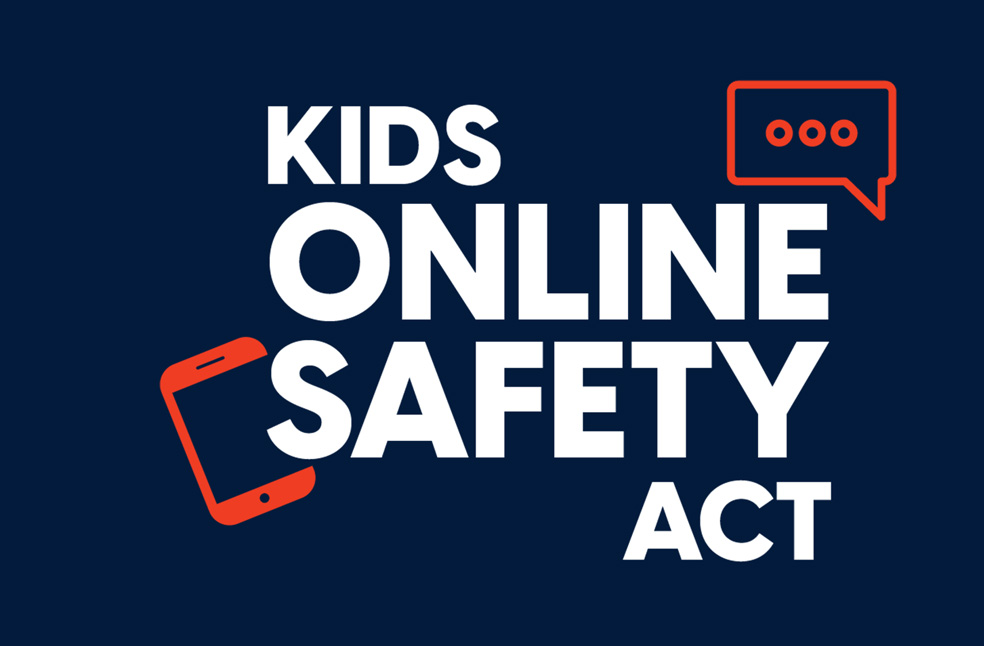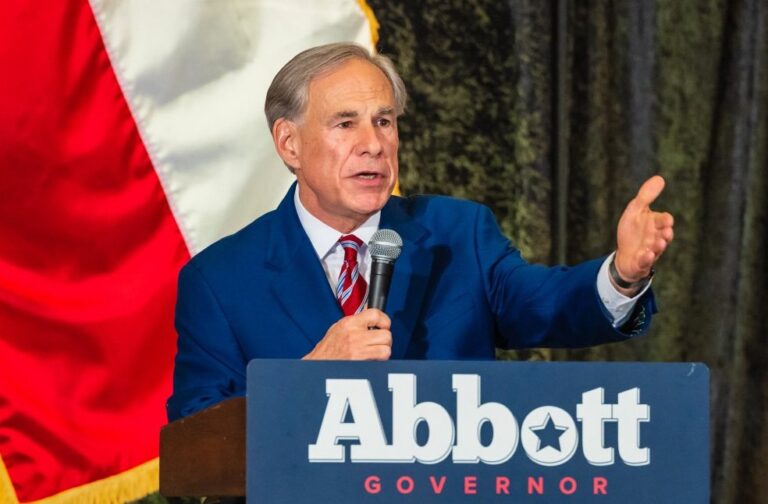Austin, Texas: Governor Greg Abbott has signed a new online child safety bill mandating app store giants Apple and Google to implement user age verification measures in Texas.
The law, aimed at protecting minors online, requires that anyone under 18 must obtain parental consent before downloading apps or making in-app purchases. It goes into effect on January 1.
The legislation passed despite opposition from both Apple and Google, makes Texas the latest state to push for child safety rules amid stalled federal legislation.
Utah passed a similar law earlier this year, and the Kids Online Safety Act (KOSA), a bipartisan bill that mandates safer platform designs for young users, has been reintroduced in the US Congress after passing the Senate but stalling in the House of Representatives last year.

Apple, while stating it supports the goal of enhanced child safety online, voiced strong concerns about the privacy implications of the Texas bill.
The company warned that the new law would force app marketplaces to collect and store sensitive personal identifying information for every Texan seeking to download an app, even simple ones like weather or sports apps. Apple also revealed that CEO Tim Cook personally called Governor Abbott to block the bill’s passage.
A company spokesperson said that, “We believe there are better proposals that help keep kids safe without requiring millions of people to turn over their personal information.”
Online Child Safety Bill sparks debate
The new Online Child Safety Bill has reignited ongoing debate over who should bear responsibility for age verification: app stores or social media platforms. Meta, the parent company of Facebook and Instagram, has long advocated for Apple and Google to shoulder this duty.

Apple has already introduced new child safety measures earlier this year. In February 2025, the company began requiring users to select an age range during device setup. For users under 13, a parent or guardian must provide consent for a child to use the App Store and other features that require the use of its Face ID.
This isn’t the first time Texas has challenged Big Tech through legislation. In 2021, the state passed a law making it illegal for social media platforms to ban users based on ‘political viewpoints,’ following complaints by Republican lawmakers that Facebook and then Twitter were censoring conservative opinions.
The passing of this latest Online Child Safety Bill places Texas at the forefront of a growing wave of state-level legislation filling gaps left by stalled federal efforts on digital safety for minors.



